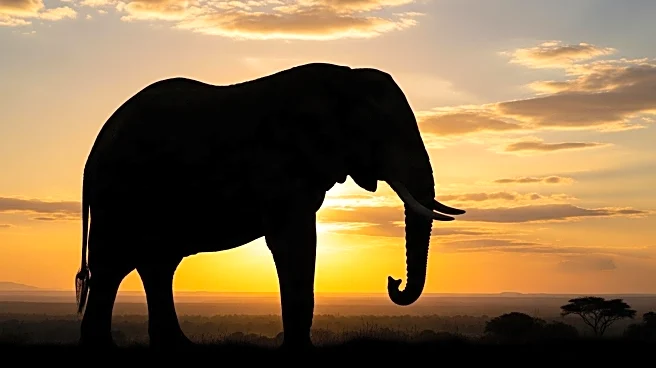Nigeria, often referred to as the Giant of Africa, holds a significant place in the continent's history and development. With a population exceeding 230 million, it is the most populous country in Africa, and its economy ranks as the fourth-largest on the continent. Nigeria's legacy is deeply rooted in its diverse cultures, economic prowess, and political influence, making it a pivotal player in regional and global affairs.
Scope of Legacy
Nigeria's legacy is vast, encompassing its role as a regional power in Africa and a middle power in international affairs. The country's influence extends beyond its borders, impacting economic, cultural, and political landscapes across the continent. As the most populous nation in Africa, Nigeria's demographic and economic dynamics contribute significantly to its legacy.
Pivotal Contributions
Nigeria's contributions to Africa and the world are numerous. Economically, it is considered an emerging market by the World Bank, with a diverse economy that includes agriculture, oil, and technology sectors. Culturally, Nigeria has been home to several indigenous material cultures and pre-colonial states, such as the Nok culture, which dates back to 1500 BC.
Enduring Influence
The influence of Nigeria is enduring, with its music and film industries gaining international recognition. The country's political model, based on the US federal system, has provided a framework for governance that has seen peaceful transitions of power, despite challenges.
U.S. Relevance
Nigeria's relevance to the U.S. is multifaceted, including economic ties, cultural exchanges, and political collaborations. The country's emerging market status presents opportunities for American businesses, while its cultural exports, such as Nollywood films, have found audiences in the U.S.
















